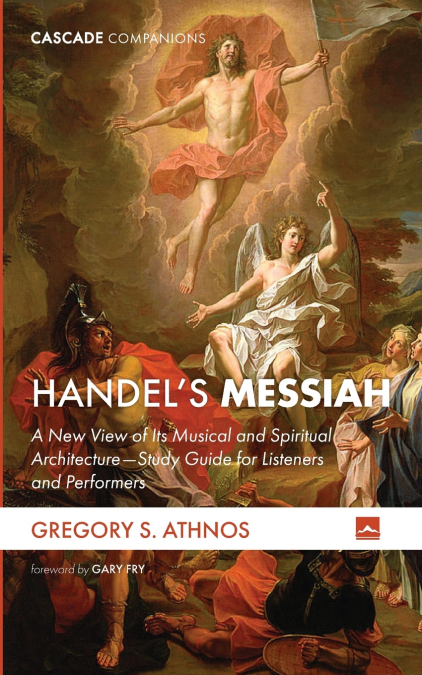
Gregory S. Athnos
We think we know Handel’s Messiah, having heard it or performed it so many times. But is there another way to look at this masterpiece? Who assembled the texts? Why? How did Handel incorporate his own spiritual understanding of the texts? In this treatise, we view the composition from the same Baroque aesthetic perspective the composer used: the Doctrine of Affections--an approach heretofore unexplored in relationship to Handel’s Messiah--which held that every major and minor key prompted a particular, very specific, and involuntary emotional and spiritual response in the listener. When facing a choice between following the accepted rules of musical composition or using the Affect best suited to the scriptural text, Handel almost exclusively chose the Affect; in other words, he chose spiritual insight over compositional tradition. Overlaying the various Affects on each movement of Handel’s composition, we discover the true heart and spiritual depth of the composer’s magnum opus.